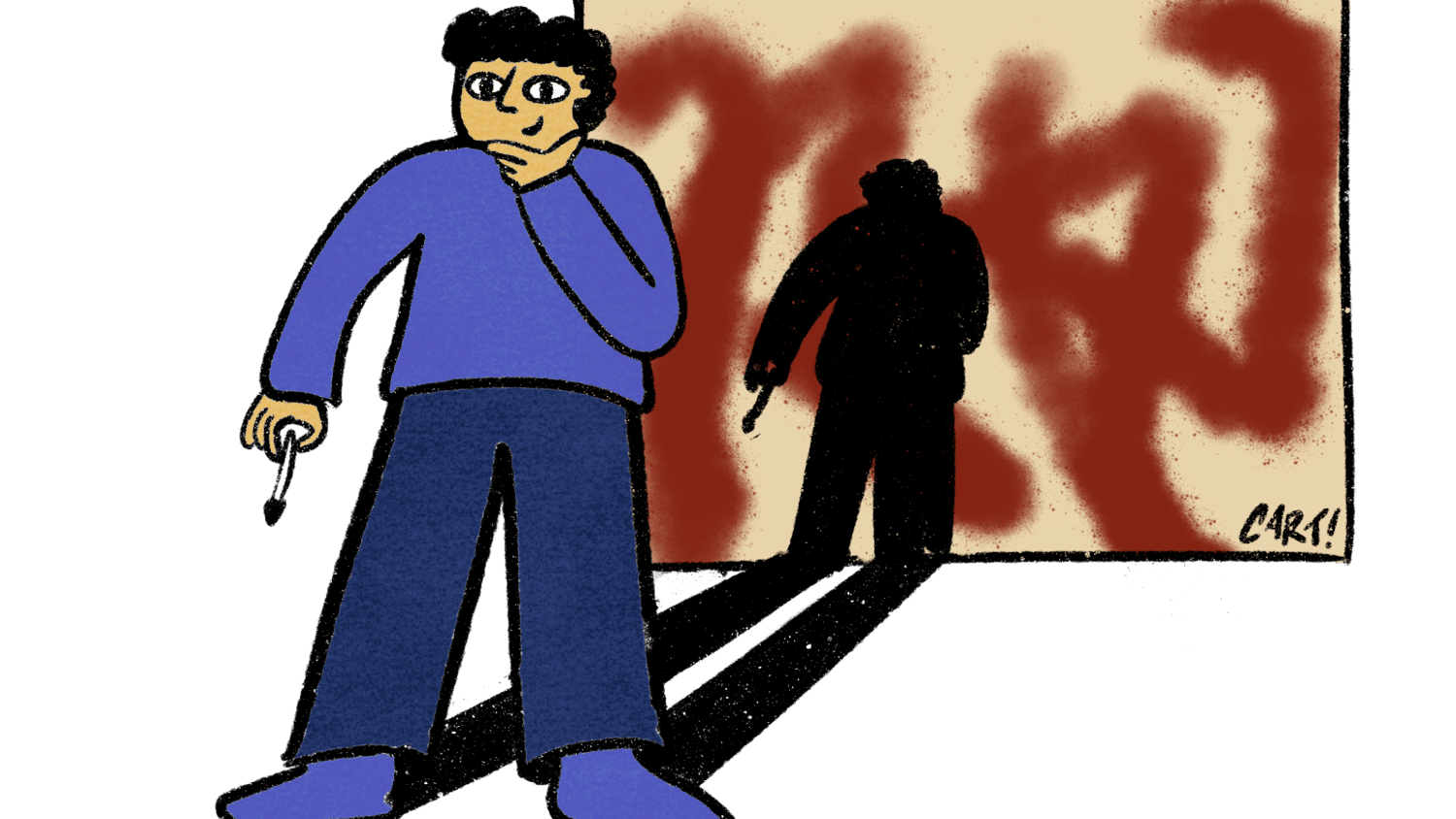You stand in front of your fridge. Stomach growling, pain creeping at your sides, your head is throbbing and you’re beyond hangry. The only thing remaining is the musty smell that emanates from every empty refrigerator. You check the pantry. It too is bare. Your wallet, besides some spare change, is bare. Your bank account is almost overdrawn, and your next paycheck won’t come in for a few more days.
This is just a taste of food insecurity.
Most Americans never have to worry about where their next meal will come from. If they don’t have food in the fridge, they can run to Walmart or stop at McDonald’s. Yet there are millions of Americans facing food insecurity every day. In Alabama, the rate of food insecurity is above the national average, with 18.8 percent of Alabamians unsure of where their next meal may come from. In Lee County alone, there are over 27,000 food insecure people.
Many Auburn University students and even some staff and faculty face food insecurity. In 2012 Auburn University opened a food pantry to service those on campus who need some extra aid in finding their next meal.
Food insecurity is a reality for many, and there are many students on campus who are oblivious to their struggling classmates.
There are many programs on campus that aim to combat food insecurity in and around Auburn’s campus.
One of these efforts is known as Living the Creed, an organization dedicated to raising the wage of every Auburn employee to a fair wage — one they can live off of without having to face food insecurity.
The University also offers a minor in Hunger Studies. The introductory class — Hunger: Causes, Consequences, and Responses — introduces students to the issue of hunger, both domestically and internationally.
Students taking this class are required to complete about 20 hours of service with an organization that fights hunger in Lee County. In this class, students delve into the root cause of poverty and hunger across the world and even live on the “food stamp diet” for one week, allowing them to experience what it's like to eat while living on a food stamp budget.
The greatest effort on Auburn’s campus to spread awareness to the issue and bring change in the Auburn community is the Auburn University Honors College’s annual K(no)w Poverty Week of Service. This week of service occurs the week before school starts in August, it is open to incoming freshmen in the Honors College. The participants split their week engaging in various service activities around Lee County. They volunteer with organizations such as The Salvation Army, Alabama Rural Ministry and Jean Dean RIF. The other portion of the week is spent learning about poverty and food insecurity across the United States and specifically within Lee County.
K(no)w Poverty changed my life and the perspective I held about food insecurity. This week is only open to a select portion of Auburn students, but the introductory hunger studies class provided me with almost the same experience, albeit in a classroom environment. Both the week of service and the class on hunger work to inform and engage students with the issue of food insecurity. It brings light to a subject that many people are blind to. While I can’t inform you on the importance of the issue of food insecurity in one column, I can try.
The issue of food insecurity is all-encompassing. No matter where you are in the world, there will always be someone facing hunger. However, you cannot let this deter you because this also means there is an opportunity for you to create positive change wherever you go. You can start in your own backyard. In Lee County, there are several great organizations that aim to combat local hunger. You can make a difference by donating to a food pantry, by volunteering your time or by informing your fellow community members of this plaguing problem.
Do you like this story? The Plainsman doesn't accept money from tuition or student fees, and we don't charge a subscription fee. But you can donate to support The Plainsman.




